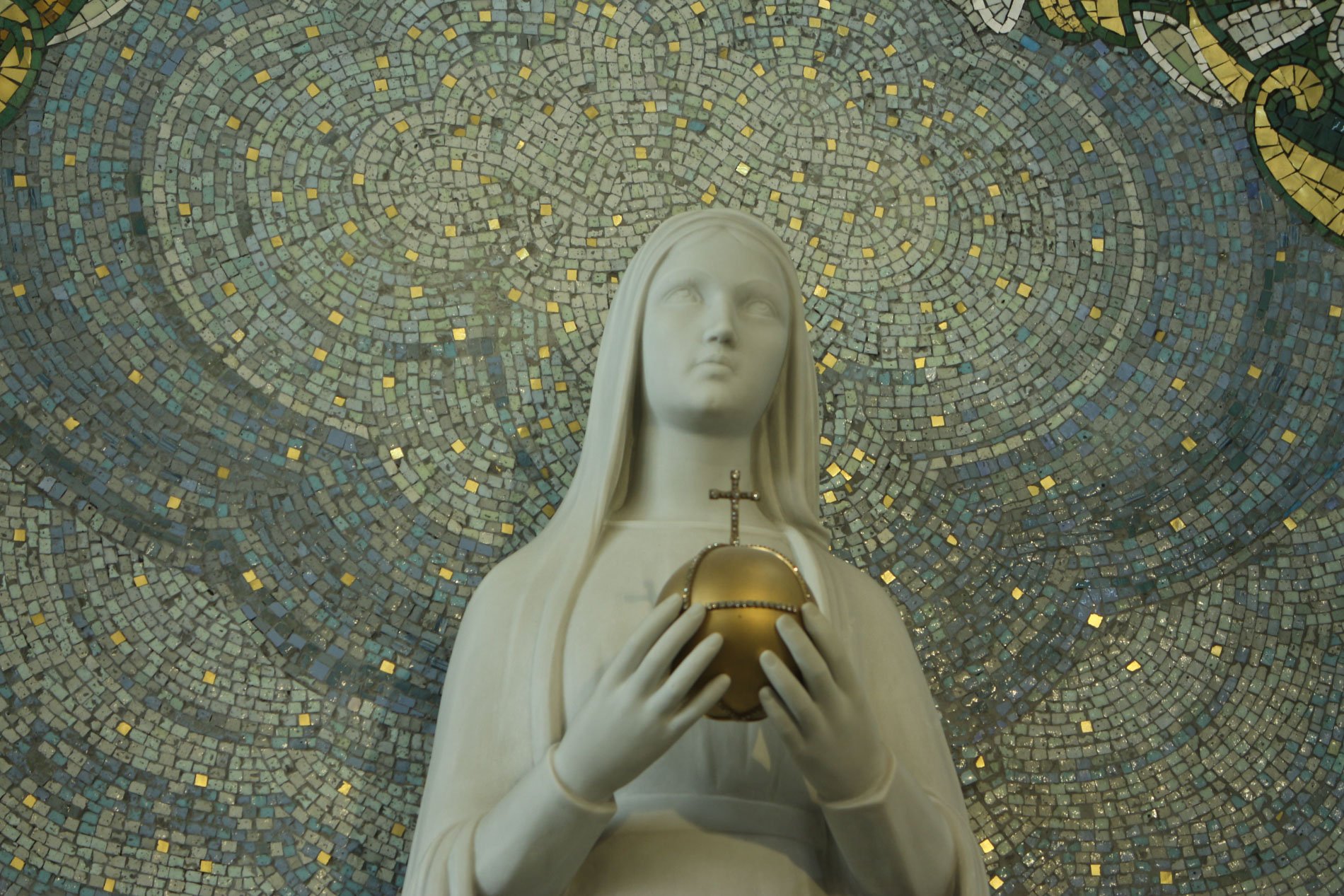Pope Leo XIV – Inaugural Mass Homily
Elected on May 8, 2025, as the 267th successor of St. Peter, Pope Leo XIV’...

Let us take our stand on the tower, leaning with all our strength on Christ, the most solid rock, as it is written: He has set my feet on a rock, he has guided my steps. Thus firmly established, let us begin to contemplate, to see what he is saying to us and what reply we ought to make to him.
The first stage of contemplation, my dear brothers, is to consider constantly what God wants, what is pleasing to him, and what is acceptable in his eyes. We all offend in many things; our strength cannot match the rightness of God’s will and cannot be joined to it or made to fit with it. So let us humble ourselves under the powerful hand of the most high God and make an effort to show ourselves unworthy before his merciful gaze, saying Heal me, Lord, and I shall be healed; save me and I shall be saved. And again, Lord, have mercy on me; heal my soul because I have sinned against you.
Once the eye of the soul has been purified by such considerations, we no longer abide within our spirit in a sense of sorrow, but abide rather in the Spirit of God with great delight. No longer do we consider what is the will of God for us, but rather what it is in itself.
For our life is in his will. Thus we are convinced that what is according to his will is in every way better for us, and more fitting. And so, if we are concerned to preserve the life of our soul, we must be equally concerned to deviate as little as possible from his will.
Thus having made some progress in our spiritual exercise under the guidance of the Spirit who gazes into the deep things of God, let us reflect how gracious the Lord is and how good he is in himself. Let us join the Prophet in praying that we may see the Lord’s will and frequent not our own hearts but the Lord’s temple; and let us also say, My soul is humbled within me, therefore I shall be mindful of you.
These two stages sum up the whole of the spiritual life: when we contemplate ourselves we are troubled, and our sadness saves us and brings us to contemplate God; that contemplation in turn gives us the consolation of the joy of the Holy Spirit. Contemplating ourselves brings fear and humility; contemplating God brings us hope and love.
This excerpt from a sermon by St. Bernard of Clairvaux (Sermo 5 de diversis, 4-5: : Opera omnia, Edit. Cisterc. 6, 1 [1970], 103-4) is used in the Roman Catholic Office of Readings for Wednesday of the 23rd week in Ordinary Time with the accompanying biblical reading taken from Habakkuk 2:5-20. This sample of Cistercian spirituality treats of the stages of contemplation, specifically the beginning of contemplation as the pursuit of the will of God. When we contemplate ourselves we are troubled, and our sadness saves us and brings us to contemplate God; that contemplation in turn gives us the consolation of the joy of the Holy Spirit. Contemplating ourselves brings fear and humility; contemplating God brings us hope and love.
No Comments